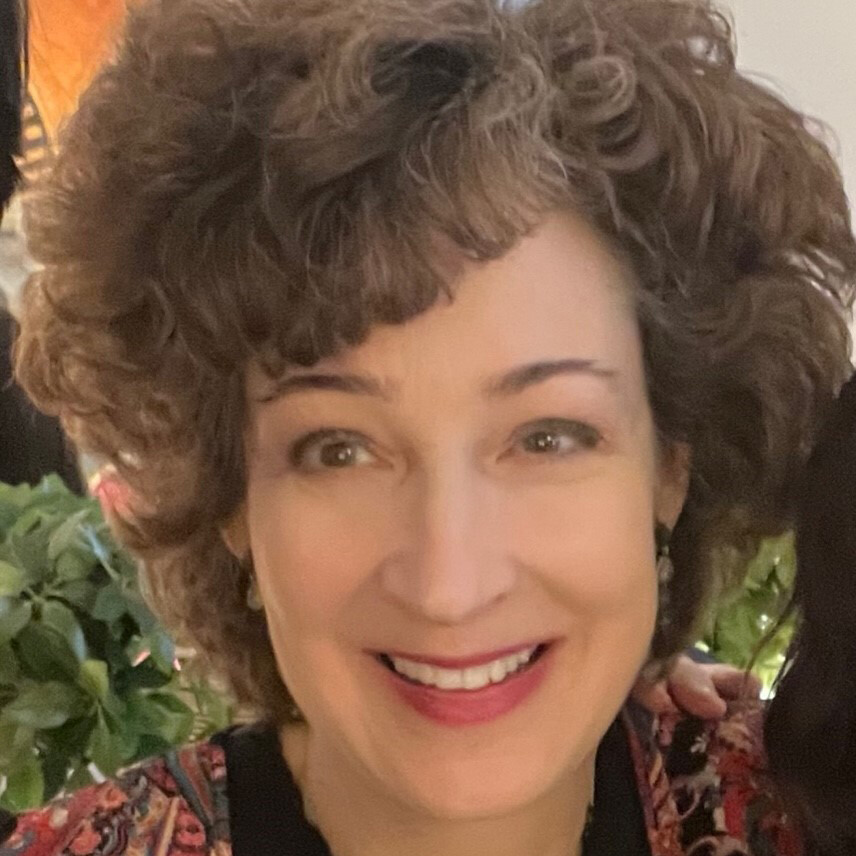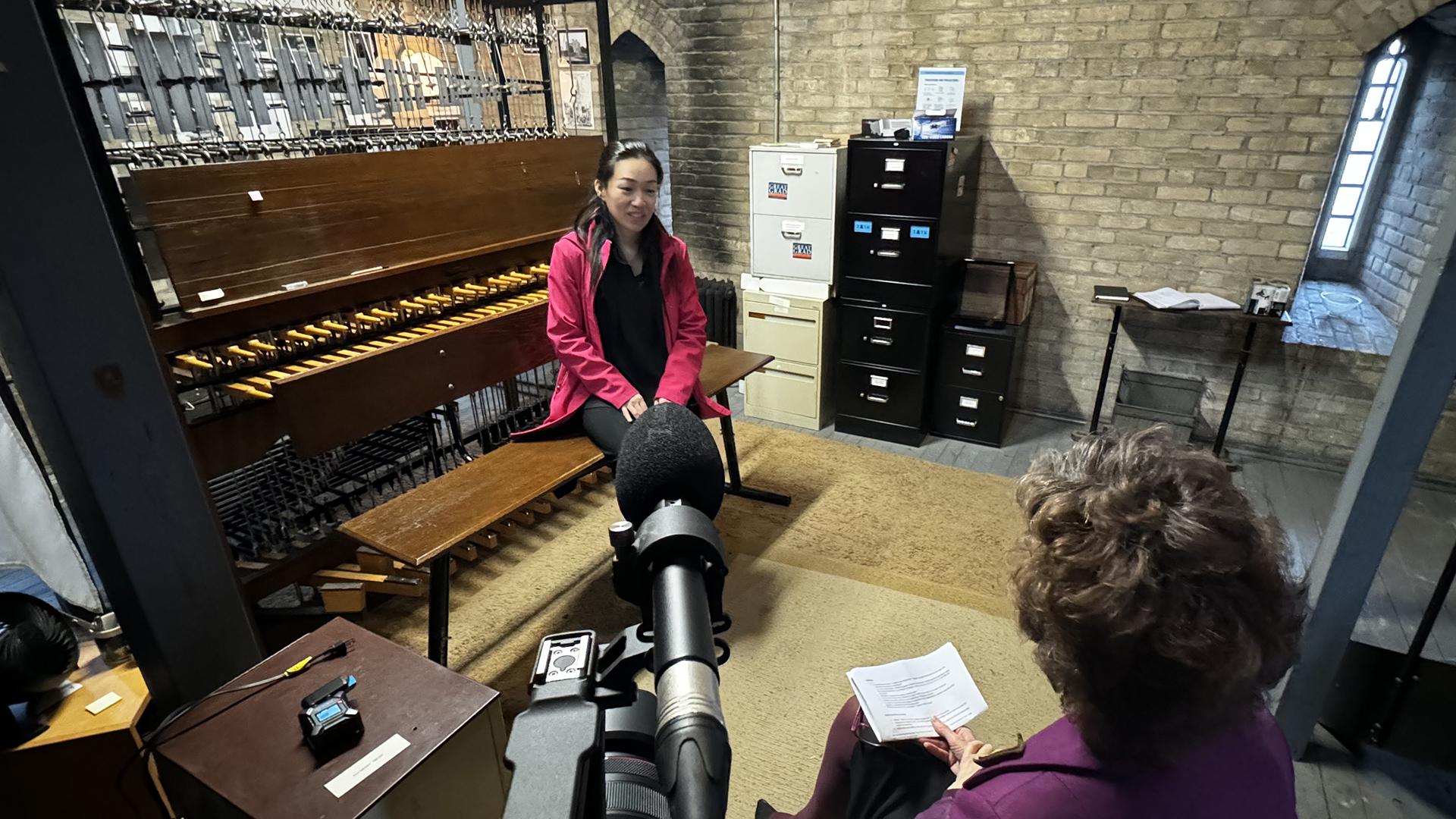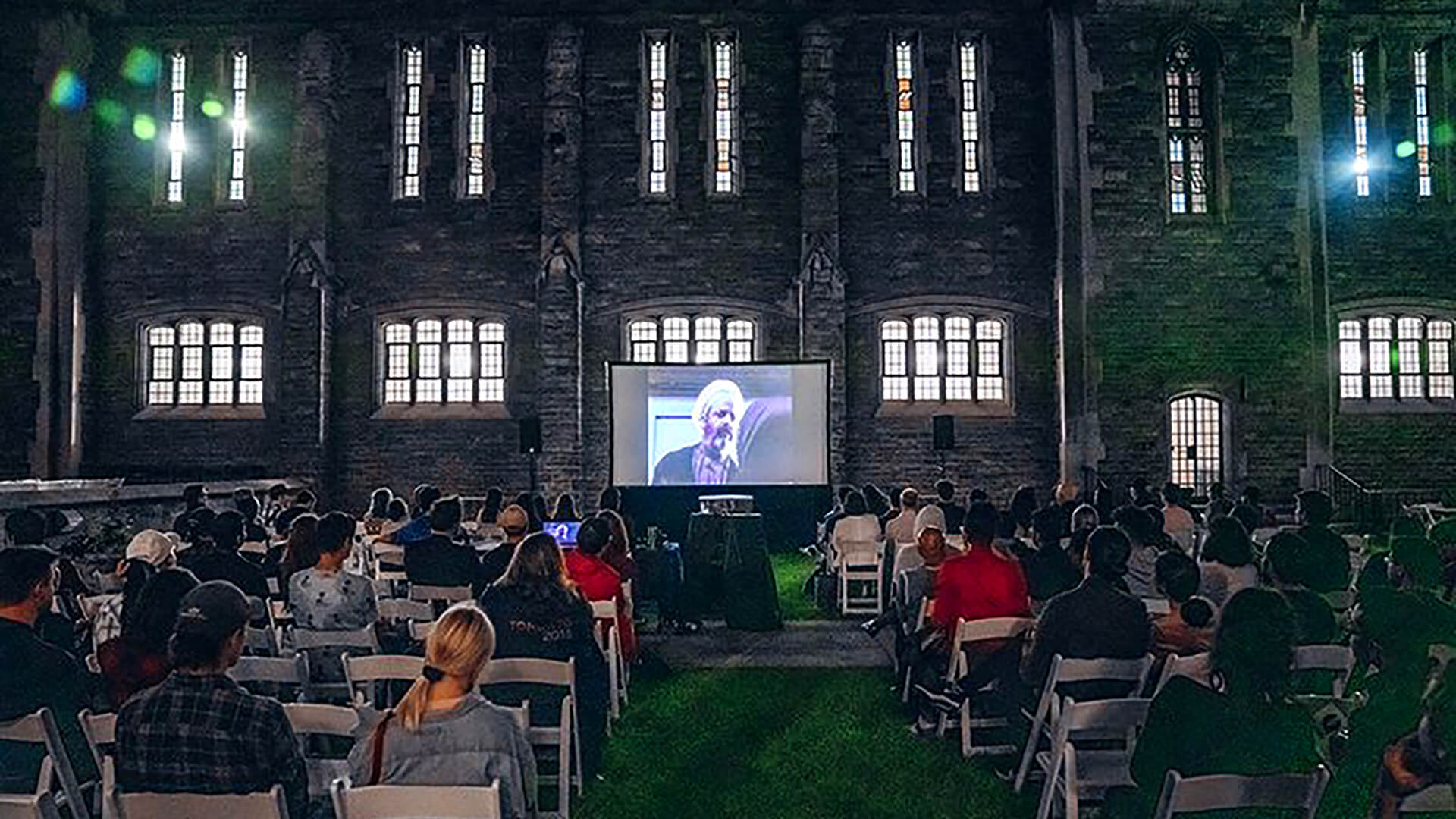
This year, the visionary series is showcasing an engaging set of activities and unparalleled opportunities for students, alumni and other members of the Hart House and University of Toronto community to explore arts, dialogue, wellness and community.
Mark your calendars. This Spring at Hart House features some not-to-be-missed programs. Having launched its latest season of programming in mid-January 2022, Black Futures offers a compelling set of events and activities to explore arts, dialogue, wellness and community using the lens of Afrofuturism. An ingenious way to blend the knowledge of the past with a re-imagining of the future, this vital Hart House series aims to reflect the experiences of today's Black leaders and artists while providing real-world knowledge to help students become more self-aware, future ready, and empowered as they move into their imagined realities.
To give you a clearer idea of Black Futures, consider this partial list of events that have already occurred in 2022, and others that will be on offer in March and April 2022:

- First out of the gate was Humanz of Hip Hop: The Wealth Building Sessions, which ran from January 24 to February 23, 2022 This initiative, a collaborative effort with Woodsworth College’s Pre-University program, engaged both university and pre-university students. Led by UTM sessional instructor, author and finance expert Dr. Radha Maharaj, this virtual course taught financial literacy and savvy wealth building principles to the BIPOC community, and empowered students to better navigate their personal finances within current socio-economic structures.
Integral to the sessions was the idea that Hip Hop culture is an artistic response based on resistance to these power structures and grounded in both self-determination and the struggle for freedom and justice. In the final sessions, participants put their newfound knowledge to work by presenting group projects that used various elements of Hip Hop or other arts-based practices to amplify topics relevant to their personal finance goals.

- What Makes Us Human: AI, Spirituality and Race, held on February 2, was another huge success. Here, Black Futures joined with the Centre for Student Engagement at UTM and the Multi-Faith Centre at UTSG for a timely conversation featuring panelists Dr. Rhonda McEwen, Suzanne van Geuns and Robyn Hillman-Harrigan. Efosa Obano moderated.
The event, an informative conversation led by four female voices covering everything from algorithmic reparations to robot dogs, was predicated on the idea that humans have increasingly looked toward artificial intelligence to overcome human limitations, flaws, and build towards a techno utopia. But, can AI truly solve real-world problems? Faith, spirituality and religion are part of the human experience, and how AI interprets and normalizes these human conditions has huge implications for people of African descent and the BIPOC community at large.

- On February 28, in partnership with the Art Gallery of Ontario (AGO), Black Futures presented Exploring Black & Indigenous Futurisms: Rock as Witness: Artist Talk. The event featured artists Quentin VerCetty and Michael Belmore, along with panelists Karyn Recollet, Professor of Women and Gender Studies at U of T, and Audrey Hudson, Chief of Education & Programming at the AGO and a teacher of Black Canadian Studies at U of T.
This year’s event examined close-knit ancestral histories of African and Indigenous mythologies and meaning-making. The evening encouraged participants to recognize the commonalities of African and Indigenous communities and the shared importance of rock to Afro-Indigenous civilizations and cultures.
Don't miss these upcoming events:
- Hart House Producers’ Circle, which started in January, is running until March 30. This drop-in, co-curricular initiative supports Hart House's Hip Hop Education program by bringing together beatmakers, producers and music creators in an informal and open space to share beats, techniques, questions and ideas. These sessions create a supportive music production community of practice, dedicated to creative expression and artistic development.
Future Spring sessions include Drop In Beat/Track Share (March 10); Workshop: Plugins! Plugins! Plugins! (March 16); Drop In Beat/Track Share (March 24); and Workshop: Dub Mixing Techniques (March 30).

- Throughout March and April, Marcus Singleton (a.k.a. iomos marad) will be hosting Hip Hop Education Community Connector Chats. These virtual drop-in chats, which began in February, are organic conversations where students and community members can learn and grow. Participants can share their questions and curiosity about Hip Hop, and learn about Marcus’ work as an artist, educator and activist, including his doctoral research exploring Hip Hop as Critical Pedagogy.
Even if you don’t know much about Hip Hop, you can learn about its origins and listen to some extraordinary music. To learn more about Marcus’ role, see this related article.

- Finally, the Hip Hop Café is a space created for students to come together and explore how Hip Hop infuses all parts of our everyday culture. Peer- and community-led conversations in this space leave participants with a deeper appreciation of a shared community and a greater understanding of how Hip Hop culture continues to influence our world.
The next major event at the Café, set for March 16, poses the question: Is Hip Hop Still Considered a Black Art Form? Guest speakers will be Pooky G (a.k.a. Roni Gauthier), an Indigenous Hip Hop artist, model and actor from Alberta; the artist Boslen, an Indigenous and Black Hip Hop experimenter from Vancouver; and Toronto-based Minister and Hip Hop enthusiast Youngdo Kang. This event was developed by Randy Ali and Kayja Edwards (Hip Hop Education work-study students) with the support of Marcus Singleton.
Read more about Black Futures programming this Spring at Hart House.




